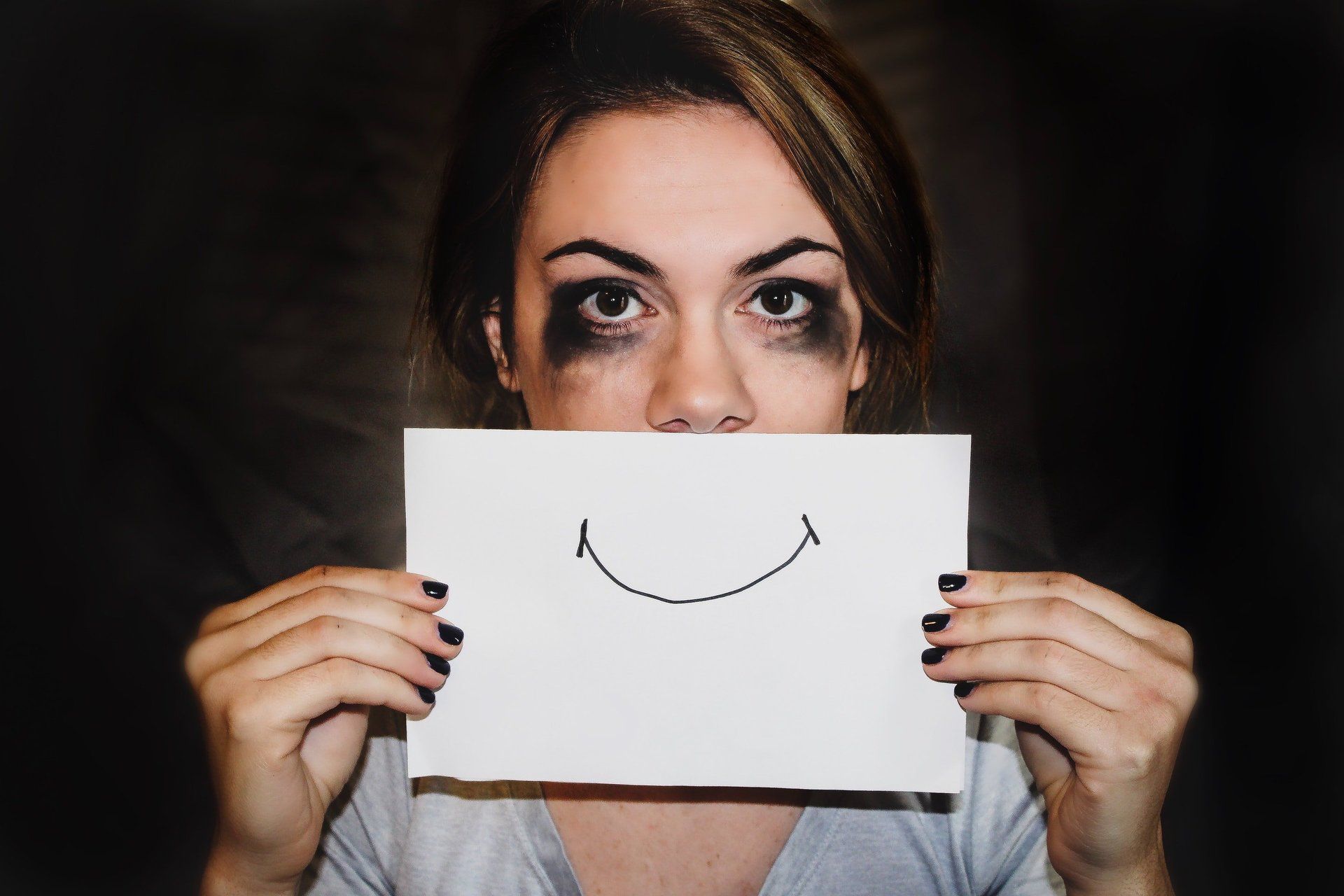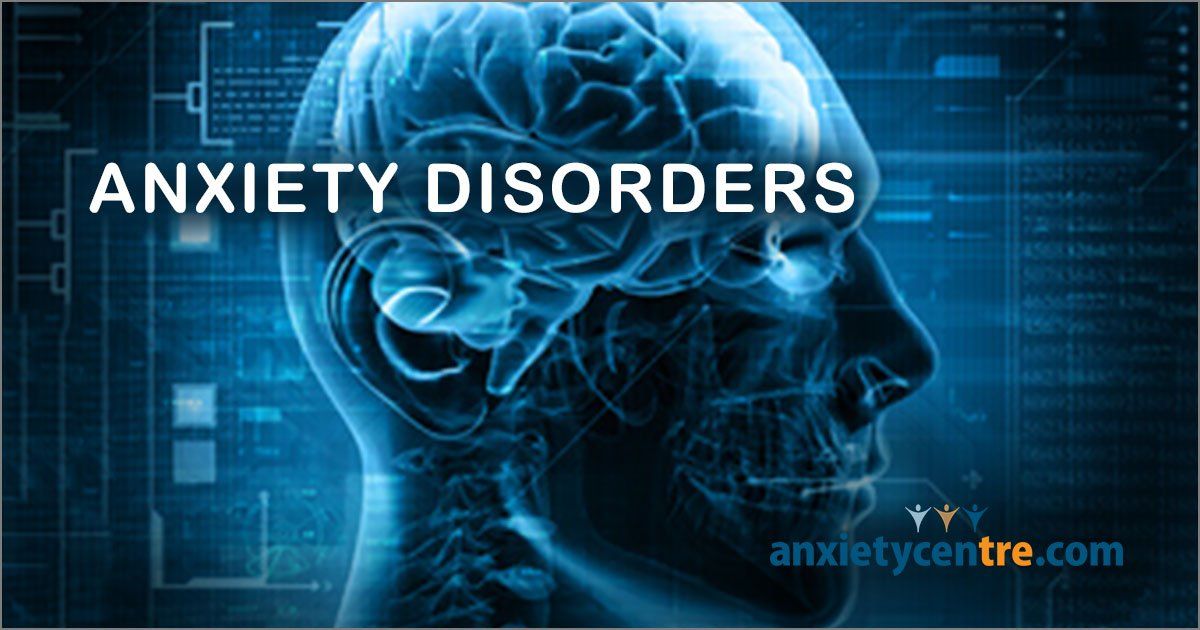Blog
Blog

by PH334636
•
18 Nov, 2019
Depression is such a lonely place... It starts off slowly, you just feel down, low mood and start to lose enjoyment in the things you once loved to do. It's not something that you have one week and not the next. Despite what some people think, you can be capable of laughing from time to time and you will have your up days, and in the beginning you can put a brave face on it and hide it from other people - family, friends and work. But it can also gather speed and before you know it you're thinking of excuses not to meet friends, not to go to the gym, not to go out at all. It's easier that way, you're tired and cannot muster the strength to 'hook up', to go out. At this stage, if you seek help, turning the depression train round is not too difficult to do and probably won't take too long, but if you ignore it, it will become a bigger locomotive, ploughing you down. You stop contact with friends, or they stop contact with you! At any point depression can be managed and depression comes from a whole host of reasons, loss/grief, overwork, divorce work, illness and this list is not exclusive. It's debilitating. Did you know that on MRIs the depressed brain looks different from a healthy brain? It's dark, with a few light spots - google it! The pictures are there, it's real. Sometimes it's important to see the facts, see that it's not made up and that you cannot pull yourself out of it, you can't "get a grip", "snap yourself out of it". You don't enjoy feeling like this, but you're lost and don't know what to do. We do! We see this frequently. It has a ripple effect too. It starts by just affecting you, but sure enough it will start to ripple out and family and friends will also be caught up in it. They don't want to see you like this, but you're getting harder to be around. People become cross with you, or they withdraw. Some wonder what they've done to upset you. Whilst you're googling MRI scans of the depressed brain, have a look on YouTube for `'I had a black dog, his name was depression". It really hits home and describes depression perfectly.

by Victoria
•
26 Oct, 2019
Assessment Before treatment for OCD can commence we need to assess for whether or not you have OCD. More often than not, people present with depression or have been told they have Generalised Anxiety Disorder (GAD). Intrusive thoughts are a fundamental part of OCD. It’s only after a thorough assessment that OCD can be identified and a treatment plan can be followed. OCD usually falls under different domains, not just the usual cleaning and checking ones that the media tend to talk about. 1. Contamination Obsessions With Washing/Cleaning Compulsions 2. Harm Obsessions With Checking Compulsions 3. Obsessions Without Visible Compulsions 4. Symmetry Obsessions With Ordering, Arranging, and Counting compulsions 5. Hoarding In addition there are OCD related disorders: 1. Skin picking Disorder (Excoriation) 2. Hair Pulling Disorder (Trichotillomania) 3. Body Dismorphic Disorder (BDD) Treatment The length of treatment for OCD will depend on how impaired your quality of life and day to day functioning. The treatment of choice for OCD is Cognitive Behavioural Therapy (CBT), with the method of treatment will be Exposure and Response Prevention (ERP). This has the largest evidence base for successful treatment of OCD and is in line with The National Institute for Health and Care Excellence's (NICE) guidelines. Other treatment strategies and methods are available. As always with CBT the approach should be collaborative, with you and your therapist working together to generate a good and trusting therapeutic relationship, so that you feel that you have a say in your treatment.